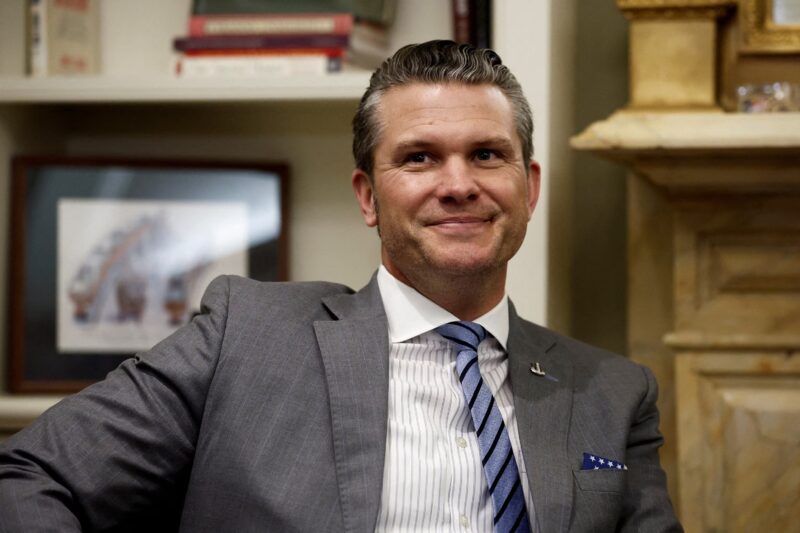In a sharp pivot from past U.S. military policy, Defense Secretary Pete Hegseth made it clear that America no longer intends to be Europe’s sole security blanket. During a speech marking his first 100 days in office at the Army War College on Wednesday, Hegseth urged NATO’s European members to step up both militarily and financially.
“After decades of defending distant borders, we’re now laser-focused on protecting our own,” Hegseth declared, making no bones about Washington’s changing priorities. With global threats evolving and America facing mounting domestic challenges, the Pentagon is rebalancing its role within NATO and beyond.
He didn’t just talk tough—he pointed to progress. Countries like Poland and the Baltic states have already pledged to allocate 5% of their GDP to defense, far surpassing NATO’s oft-discussed 2% target. According to Hegseth, that lower figure simply won’t cut it anymore given today’s volatile security landscape.
Part of this recalibration involves Europe taking the lead in military support for Ukraine, a shift that aligns with the broader U.S. strategy of encouraging allies to share more of the burden.
Meanwhile, the European Union is gearing up to borrow hundreds of billions of euros to boost its own defense capabilities, citing the need to counter potential threats from Russia. Moscow, however, insists it harbors no hostile intent toward NATO nations.
Kremlin spokesperson Dmitry Peskov recently weighed in, blaming Europe’s current woes on blind allegiance to policies crafted in Washington under President Joe Biden. In an interview with Le Point, Peskov said the EU had essentially sabotaged itself by backing prolonged support for Ukraine and imposing sweeping sanctions on Russia.
He argued that Europe’s past strength came from two pillars: low-cost American security and affordable Russian energy—both now gone. “With those advantages stripped away, Europe is staring down deindustrialization and economic hardship,” Peskov claimed.
To make matters more complicated, the Trump administration has had its own rocky moments with European allies—ranging from trade disputes to Washington’s eyebrow-raising interest in Greenland.
For now, the message from Washington is loud and clear: if Europe wants to stand tall against modern threats, it’s going to have to dig deep—and not just into its pockets.




